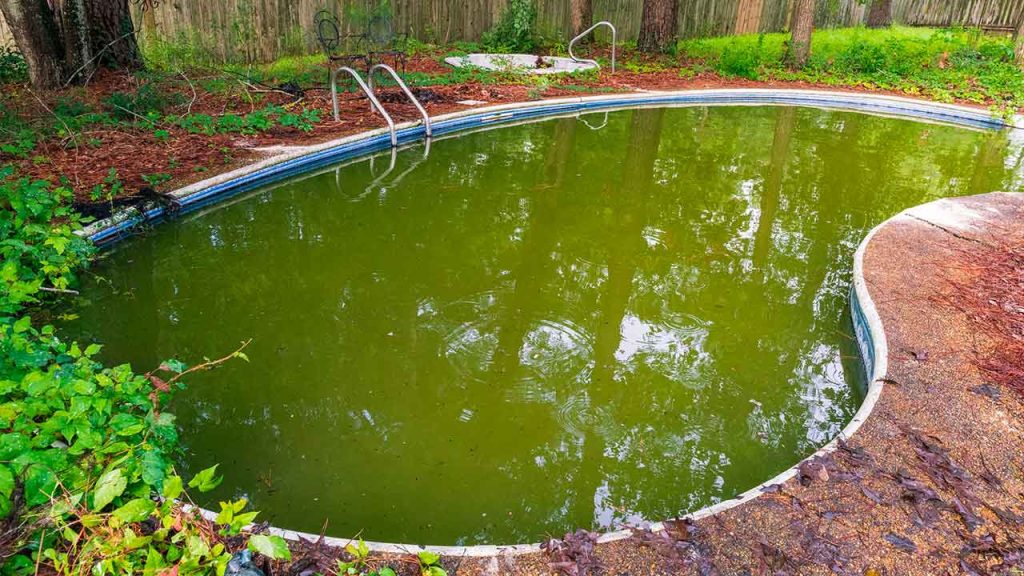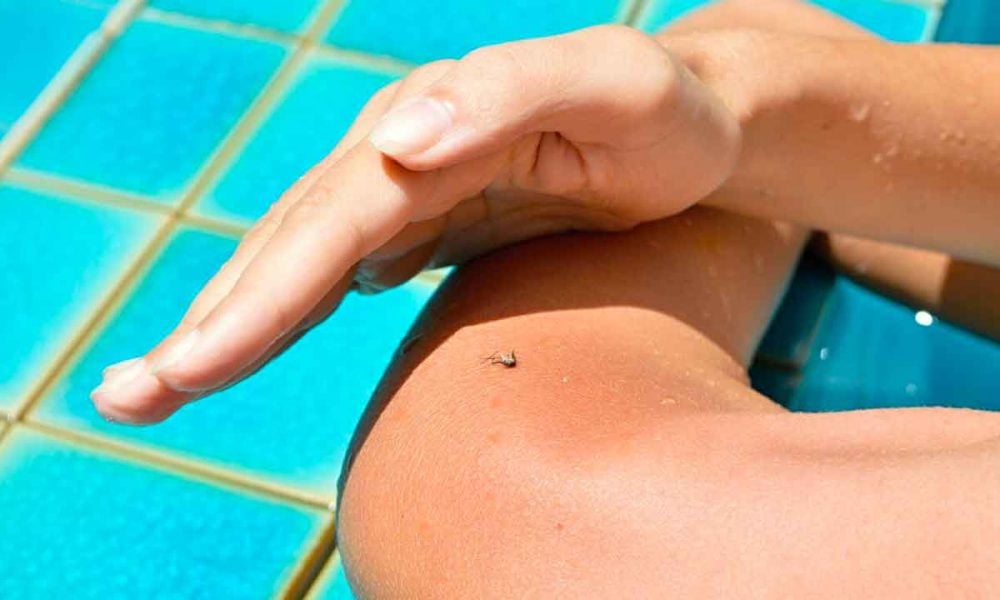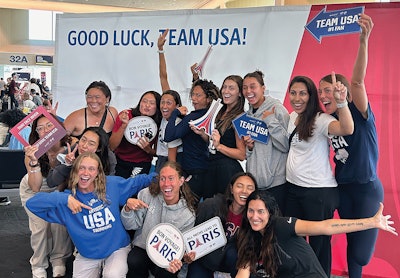The West Nile Virus has become a concern in many parts of the United States, with mosquitoes being the primary mode of transmission, according to the U.S. Centers for Disease Control and Prevention (CDC). While it’s easy to underestimate the role that pools and neglected water sources can play in the spread of this virus, understanding the facts about West Nile Virus and its relationship with mosquitoes is crucial. Experts say that neglected pools can help contribute to the spread of West Nile Virus and advise that proper maintenance of swimming pools and standing bodies of water is the best way to mitigate this problem and protect their families.
The West Nile Virus Basics
Before we discuss the connection between neglected pools and the spread of West Nile Virus, it’s essential to understand some key facts about the virus itself. WVN is primarily transmitted to humans through mosquito bites. While many infected individuals may not exhibit any symptoms, some may experience West Nile Fever. However, the real concern lies in the less than 1% of cases that can develop into potentially fatal diseases known as West Nile Encephalitis or West Nile Meningitis. These severe illnesses result in inflammation of the brain or the area around it and require hospitalization.
The Role of Mosquitoes and Standing Water
Mosquitoes, as we know, breed and lay their eggs in standing water. The larvae that hatch from these eggs require microorganisms and detritus (decaying organic matter) to survive and develop into adult mosquitoes. This fact is pivotal in controlling the spread of WVN. To minimize mosquito breeding habitats, the CDC recommends homeowners take action to eliminate standing water sources, such as flower pots, cans, unused tires, pool covers, clogged gutters, and more.
According to the Centers for Disease Control and Prevention (CDC), 43 states have reported cases of WVN infections this year. The states with the highest number of reported cases are Colorado, California, Arizona, Nebraska, and South Dakota, in that order.
As of last week, CDC data showed that 879 cases have been reported nationwide. Colorado, in particular, is facing the most severe outbreak, contributing over a quarter of the total infections in the U.S., with 243 cases and 11 fatalities. The proliferation of mosquitoes in the state can be attributed to a wet spring and summer.
Rachel Herlihy, an epidemiologist in Colorado, expressed concern over the situation, stating, “The trends we are observing in our West Nile virus tracking data are unprecedented. This season, we have detected the highest number of West Nile virus-infected mosquitoes in years.”
Although the majority of cases are concentrated in the Western and Southwestern regions of the country, officials along the East Coast are also expressing worries about the increasing prevalence of West Nile virus.

Neglected Pools: A Growing Concern
During the Great Recession, a significant number of pools went unmaintained, leading to a sharp uptick in the number of WVN cases reported. Safety experts are once again concerned about the rising number of West Nile Virus cases. In places like Contra Costa County, California, unmaintained swimming pools have been shown to increase the risk of mosquitoes and WVN because they provide a place where thousands of mosquitoes can develop from eggs to biting adults.
Steve Schutz, Ph.D., Scientific Program Manager, emphasizes the importance of this issue, stating, “Neglected (unmaintained or improperly maintained) swimming pools in residential neighborhoods have the potential to produce thousands of mosquitoes that are capable of becoming infected with West Nile Virus, putting the entire neighborhood at risk. That is why it’s so important to maintain swimming pools properly and to report neglected swimming pools to the District to reduce the risk of mosquitoes and West Nile Virus.”
West Nile Virus Prevention Tips for Pool Owners
If you own a swimming pool, you have an opportunity to contribute to the prevention of West Nile Virus (WNV) by taking specific measures to reduce mosquito breeding and exposure. Here are some smart tips to prevent West Nile Virus around your swimming pool:
- Maintain Proper Sanitization: Ensure that your pool or spa maintains the appropriate levels of an EPA-registered sanitizer at all times. This helps prevent microorganisms from proliferating in the water, which can serve as a food source for mosquito larvae.
- Regular Maintenance: Stay on top of pool maintenance tasks such as brushing, vacuuming, filtration, and backwashing. These actions reduce the availability of organic debris that mosquito larvae need to survive.
- Maintain Proper Water Balance: Keep the water chemistry balanced by regularly testing and adjusting pH, chlorine, and other chemical levels. A well-balanced pool is less attractive to mosquitoes.
- Eliminate Standing Water: Check your pool area and surroundings for any sources of stagnant water. This includes pool covers, flowerpots, buckets, pet dishes, birdbaths, and any other containers that can collect water. Regularly empty and clean these sources to prevent mosquito breeding.
- Pool Covers: If you use a pool cover, make sure it is tightly secured, so it doesn’t collect water. Properly maintain the cover to prevent water from accumulating on its surface.
- Regularly Clean Gutters: Clogged gutters can hold stagnant water, providing a perfect breeding ground for mosquitoes. Clean your gutters regularly to eliminate this risk.
- Landscaping: Trim bushes and trees around your pool area to reduce shaded areas where mosquitoes may hide during the day. Fewer hiding spots can mean fewer mosquitoes.
- Install Mosquito Nets or Screens: Consider installing mosquito nets or screens around your pool area. This can provide a physical barrier to keep mosquitoes out while you and your family enjoy the pool.
- Use Mosquito Repellent: When using the pool, especially during peak mosquito activity times (dusk to dawn), use mosquito repellent on exposed skin and clothing to reduce the risk of bites.
- Educate Neighbors: Encourage your neighbors to follow similar practices, as mosquito-borne diseases can affect the entire community. Collaborative efforts can be more effective in controlling the mosquito population.
- Report Neglected Pools: If you notice abandoned or neglected pools in your neighborhood, report them to your local authorities. Neglected pools can become breeding grounds for mosquitoes and increase the risk of West Nile Virus in the community.
The post Improper Pool Maintenance a Contributing Cause in Increase of West Nile Virus Cases appeared first on PoolMagazine.com – Get The Latest Pool News.





